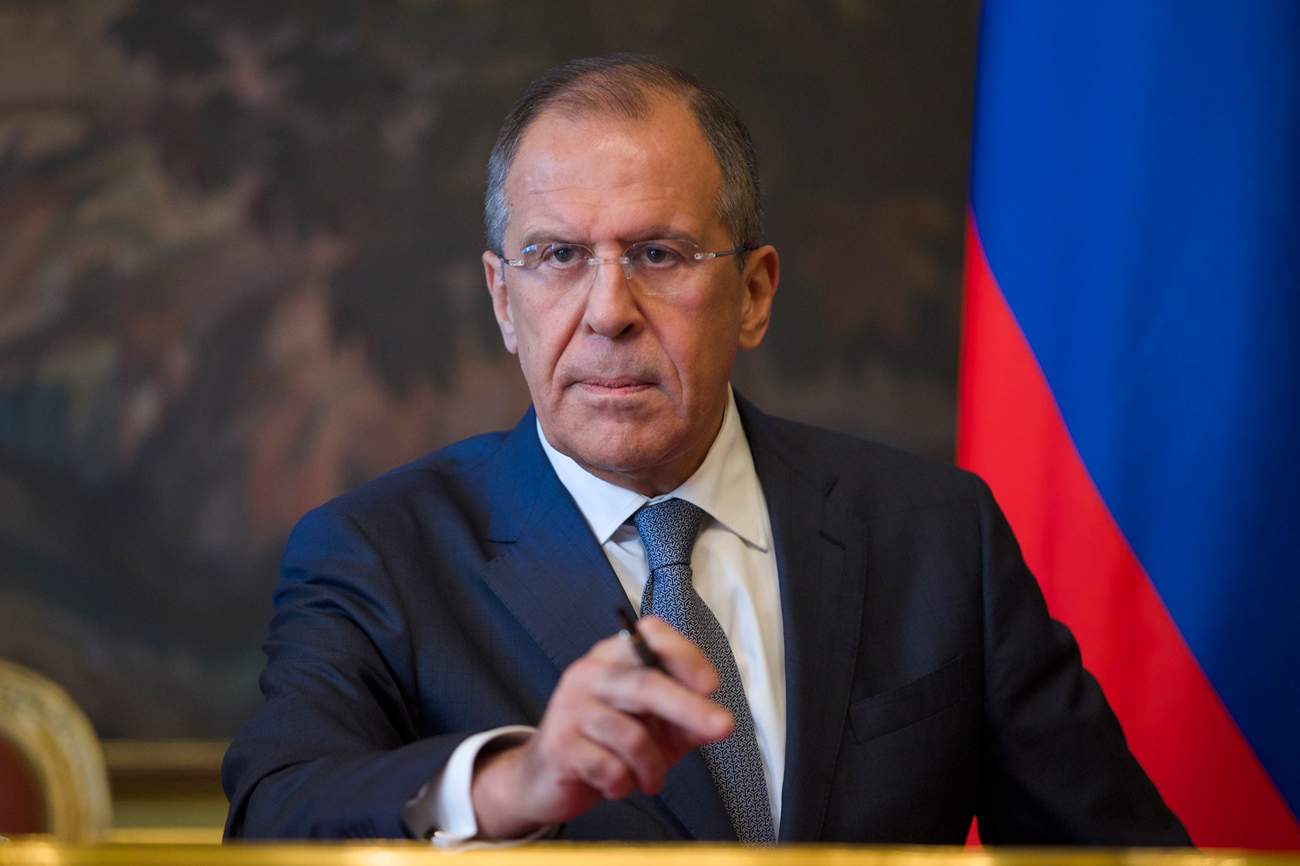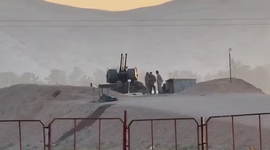The poisoning of former Russian double agent Sergei Skripal in the U.K., along with his daughter, remains a mystery.
Russian Foreign Minister Sergey Lavrov announced in a speech made last week at the 26th Assembly of the Council of Foreign and Defense Policy that a Swiss analysis of the poison samples handed over to the Organization for the Prohibition of the Chemical Weapons (OPCW) concluded that the agent used was from the west, and not Russia.
“At a Swiss laboratory, where, I am convinced, professional scientists work, who value their reputation, made the following conclusions: The analysis of the samples uncovered traces of the toxic chemical BZ and its precursors falling into the second category of chemical weapons under the Chemical Weapons Convention," Lavrov said.
In his remarks, Lavrov said that the chemical weapon was in operational service in the United States, the United Kingdom and other NATO member states.
Lavrov said that the Spiez Laboratory, controlled by the Swiss Federal Office for Civil Protection, the country’s defense ministry, assessed the samples. However, the Spiez Laboratory has not confirmed Lavrov’s statement in its Saturday tweet, which stated that only the OPCW “can comment this assertion.”
After former Russian double agent Sergei Skripal and his daughter Yulia were found in critical condition in the quiet town of Salisbury in the U.K. on March 4, the British government immediately pointed finger at Russia, blaming the Kremlin in the attempted murder by means of Russian-made Novichok (meaning “newcomer”) nerve agent.
"There can be no doubt of what was used, and there remains no alternative explanation about who was responsible," said the U.K.’s Foreign Secretary, Boris Johnson, who blamed Moscow for poisoning the former Russian Spy.
“Only Russia has the means, motive and records,” Johnson said.
In spite of the Kremlin’s denials of all allegations, Russian-British relations have soured over the Skripal scandal.
Britain immediately expelled 23 Russian diplomats as counter measures to Skripal’s poisoning. The U.S., Ukraine, Canada and 14 European countries supported the decision, and also kicked out Russian diplomats as well, totaling about 150.
The Kremlin assured that the entire scandal around the Russian ex-spy was ignited by the U.K., in order to "demonize" Russia. Moscow has responded by the principle of reciprocity and has taken tit-for-tat measures against those countries, which have expelled its diplomats.







 The Mine Action Agency of Azerbaijan (ANAMA) reported on Thursday the discovery of a significant amount of explosives in the Khojavand district of ...
The Mine Action Agency of Azerbaijan (ANAMA) reported on Thursday the discovery of a significant amount of explosives in the Khojavand district of ...
 Azerbaijan officially unveiled the logo for the upcoming 29th session of the Conference of the Parties to the United Nations Framework Convention o...
Azerbaijan officially unveiled the logo for the upcoming 29th session of the Conference of the Parties to the United Nations Framework Convention o...
 The Kazakh authorities have increased their arbitration claims against international oil companies involved in the development of the Kashagan oil ...
The Kazakh authorities have increased their arbitration claims against international oil companies involved in the development of the Kashagan oil ...
 Iran’s Foreign Minister, Hossein Amir-Abdollahian, has labeled a foiled Israeli drone attack in certain parts of the country as a "failure" for Isr...
Iran’s Foreign Minister, Hossein Amir-Abdollahian, has labeled a foiled Israeli drone attack in certain parts of the country as a "failure" for Isr...



